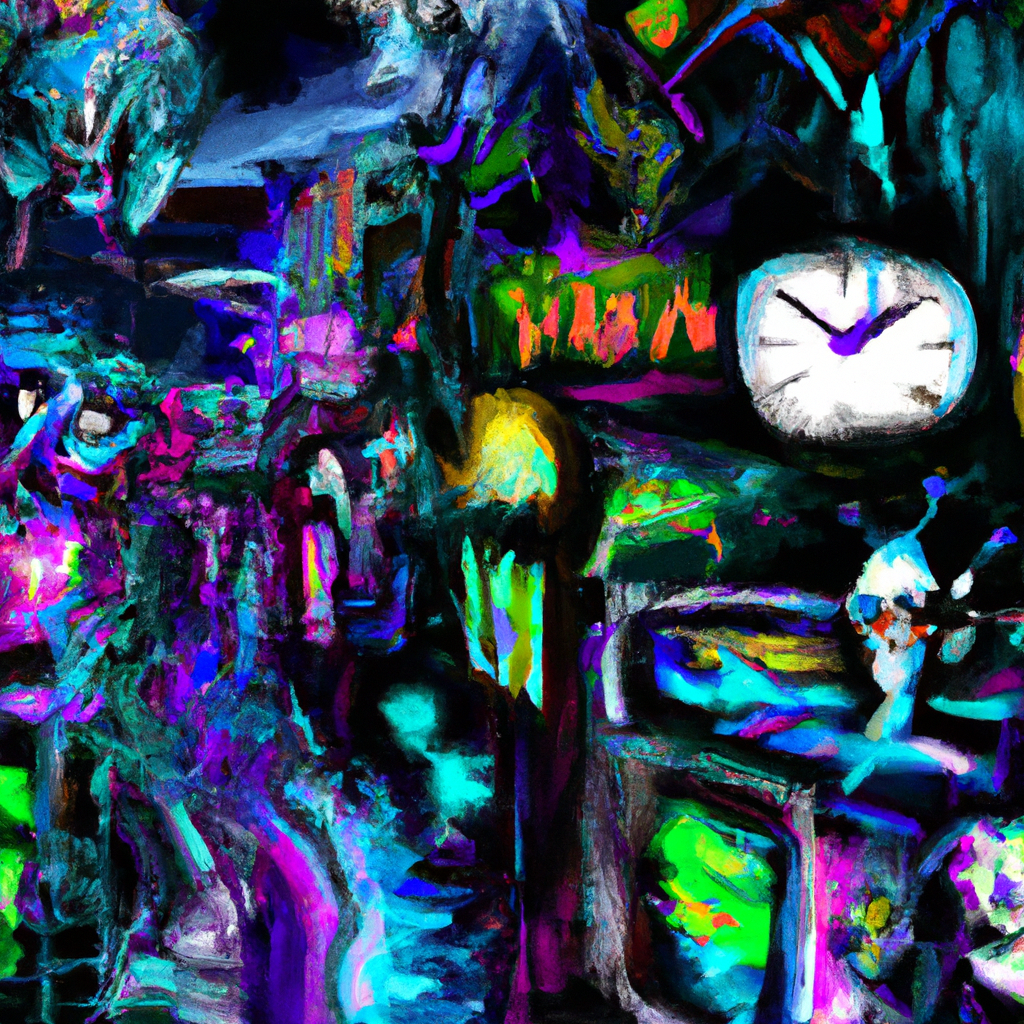The line between science and magic has always been an enticingly blurry one. From ancient alchemists seeking the philosophers stone to modern-day physicists probing the mysteries of quantum mechanics, humanity has long danced with the extraordinary. But what happens when science news headlines sound more like Hogwarts than hard facts? Enter the latest claim: scientists have allegedly changed the very nature of matter with just a flash of light.
Whats Claimed
A team of researchers in Konstanz, Germany, have reportedly discovered a method to manipulate materials using light by exciting magnon pairs, effectively reshaping their magnetic fingerprint. The promise? Non-thermal control of magnetic states at terahertz speeds with the humble haematite crystal, potentially unlocking room-temperature quantum effects. Its a scientific breakthrough that, as some headlines suggest, verges on the magical.
What We Found
Before we start packing our bags for the wizarding world, lets scrutinise the facts. The claim centres around a genuine advancement in material science, where researchers have indeed shown that light can influence the magnetic properties of certain materials. This isnt the abracadabra of matter transformation but an exploration into the nuances of quantum magnetism.
However, its important to note that while these findings are significant, theyre not quite the Harry Potter-esque reality shift some might envision. The fancy footwork with magnons and haematite is a step forward in understanding quantum phenomena, yet remains firmly rooted in the realm of theoretical and experimental physics, not an immediate magic wand for material transformation.
Cultural Context or Why It Matters
The allure of magical science stories taps into our collective fascination with the extraordinary. But it also highlights a pressing issue: the gap between scientific communication and public perception. When complex concepts are distilled into sensational headlines, we risk fostering misconceptions that diminish public trust in scientific progress. Could it be that our hunger for wonder is blinding us to the slow, steady march of genuine scientific discovery?
Moreover, in a world increasingly influenced by technology, understanding the realistic potential and limitations of such breakthroughs is crucial. Are we prepared for the ethical dimensions of manipulating matter at quantum levels? What responsibilities do scientists have in guiding public interpretation of their work?
The Receipts
Verdict
Misleading: While the research marks a significant scientific advance, it does not equate to altering the fundamental nature of matter as implied.





